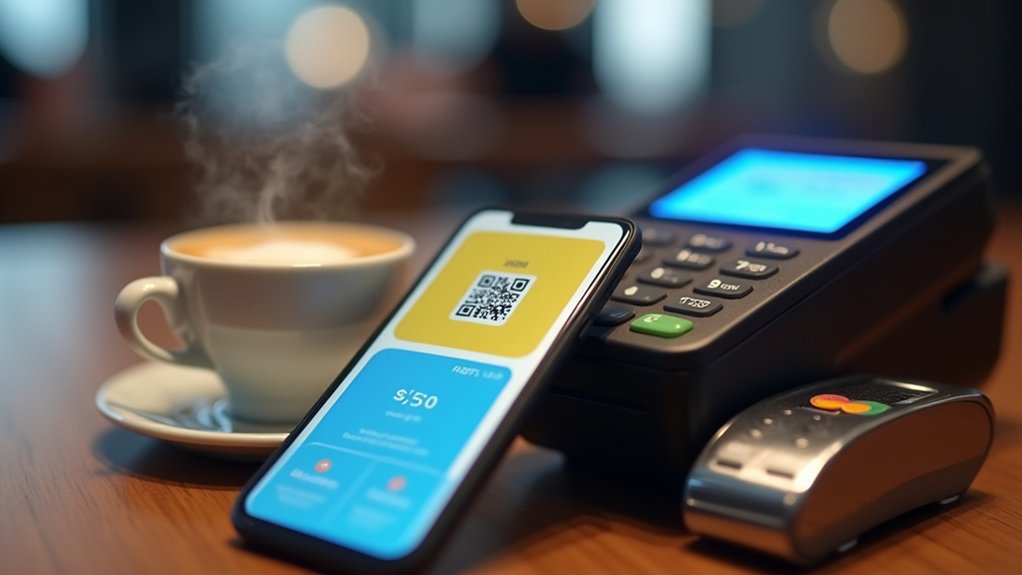While most crypto holders treat their digital coins like a jealously guarded piggy bank, Senator Cynthia Lummis wants to make it easier for people to actually spend the stuff.
The Wyoming Republican is pushing for a tax reporting exemption on crypto payments under $300. Why? Because right now, buying a $5 cup of coffee with Bitcoin means filing paperwork with the IRS. Yes, really. The tax agency classifies crypto as property, making every single transaction – no matter how tiny – a potential headache come tax season. Advanced encryption methods help protect these everyday transactions from fraud and theft.
The truth is, hardly anyone’s using crypto for everyday purchases anyway. Less than 2% of Americans are out there buying their groceries with Bitcoin. But here’s where it gets interesting: lower-income folks (making $25,000 or less) are actually more likely to use crypto for purchases than their wealthy counterparts. While 4% of lower-income Americans use crypto for shopping, only 1% of high-income households bother. Only about 18,000 businesses currently accept cryptocurrency payments.
The numbers tell a clear story. With Bitcoin transactions hitting 500,000 per day in 2024, you’d think digital currency would be taking over retail. Nope. Crypto e-commerce payments still account for less than 1% of transactions across surveyed countries. The peer-to-peer transactions remain anonymous on the blockchain, with no personal identification required. Most of the 40% of American adults who own crypto are just sitting on it, hoping it’ll make them rich someday.
The IRS isn’t making things any easier. They’ve sent “soft letters” to 15,000 taxpayers about crypto tax compliance, and they’re ramping up reporting requirements for exchanges. Senator Lummis’s proposed $300 threshold isn’t exactly revolutionary – previous bills have suggested similar exemptions around $200.
But here’s the kicker: even with over 300 million crypto users globally, the vast majority treat it like a stock portfolio rather than actual money. The crypto payment market is expected to grow at nearly 17% annually through 2029, but that’s starting from practically nothing. For now, most crypto owners are content to watch their digital assets collect virtual dust.





